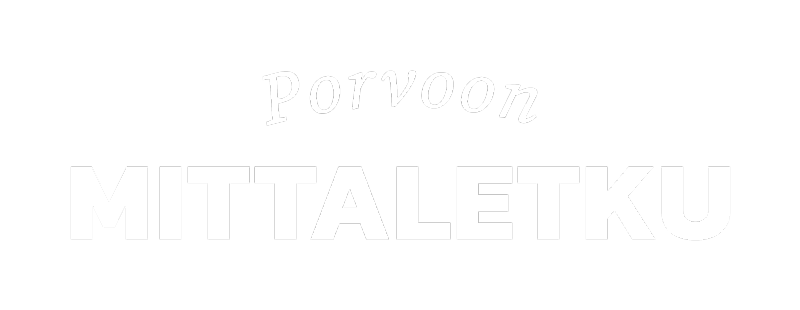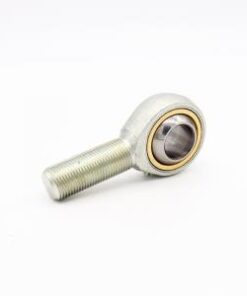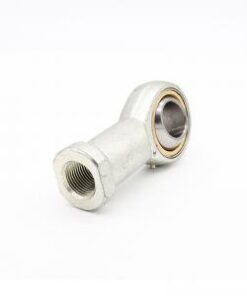Bearings
Bearings are parts between two bodies that move relative to each other. They support moving parts and reduce movement friction and vibration. They are found in almost all mechanical devices, such as cars.
Bearings can be divided into two main groups: sliding and rolling bearings. The function of plain bearings, such as spherical plain bearings, is based on sliding friction and they withstand both static and dynamic loads. The operation of rolling bearings, such as deep groove ball bearings, is based on the rolling friction generated by balls or rollers. The friction generated in them is small, and they are well suited for high rotational speeds.
The choice of bearings depends on the purpose of use and their requirements. It is important to choose the right bearing type and material so that the bearings work efficiently and last a long time. The type of equipment the bearing is used in and the type of load it must withstand affect the choice of bearing. The size and type of the load should also be taken into account. Heavier loads require stronger and more durable bearings. In some applications, it is also important to consider the damping properties of the bearing, in order to avoid problems caused by noise or vibration, for example.
Bearings are made of various materials, such as steel, rubber, plastic or ceramic materials. Steel bearings are the most common and are suitable for most applications. Rubber bearings are good at dampening noise and vibration. Plastic bearings are light. Ceramic bearings are very durable and are particularly suitable for high temperature applications. The selection must take into account the temperature and humidity of the bearing's operating environment, as well as the durability and efficiency required from the bearing. Bearing maintenance is an important factor in the efficient and durable operation of the device. A properly maintained bearing can improve the performance of the device and extend its life considerably. Bearing lubrication is usually necessary for rolling bearings in order for them to function without friction.The Pos swivel head is designed to provide excellent mobility and flexibility for industrial hose connections. This male threaded swivel arm provides a reliable and long-lasting solution for demanding applications where precision and durability are required. The swivel head allows for easy hose installation and removal, making it an ideal choice for a variety of industrial environments. Its durable construction minimizes maintenance and maximizes service life. Applications Hose connection, fluid transfer, compressed air systems Industries Mechanical engineering, chemical industry, oil and gas sectors Benefits The Pos swivel head offers easy and quick installation and removal, saving time and effort. Its durable construction extends the life of the equipment and reduces downtime. Chemical and corrosion resistance The rod end is designed to withstand chemicals and corrosion effectively, making it suitable for demanding industrial environments.
The Phs rod end is a versatile and durable component designed for demanding industrial applications. This rod end with internal thread provides an easy and reliable connection to various devices and systems. Its high-quality construction ensures a long service life and low maintenance requirements, making it a cost-effective choice. The Phs rod end is ideal for applications where a flexible connection is required for moving or vibrating parts. Applications Industrial equipment, mobile machinery, hydraulic systems, vibration isolation. Industries Mechanical engineering, automation, transportation equipment industry, energy sector. Benefits The use of the PHS rod end reduces wear and extends the life of equipment. It also enables efficient and safe motion control in various industrial applications. Chemical and corrosion resistance The PHS rod end is designed to withstand a variety of chemicals and corrosion, making it ideal for demanding industrial environments.


